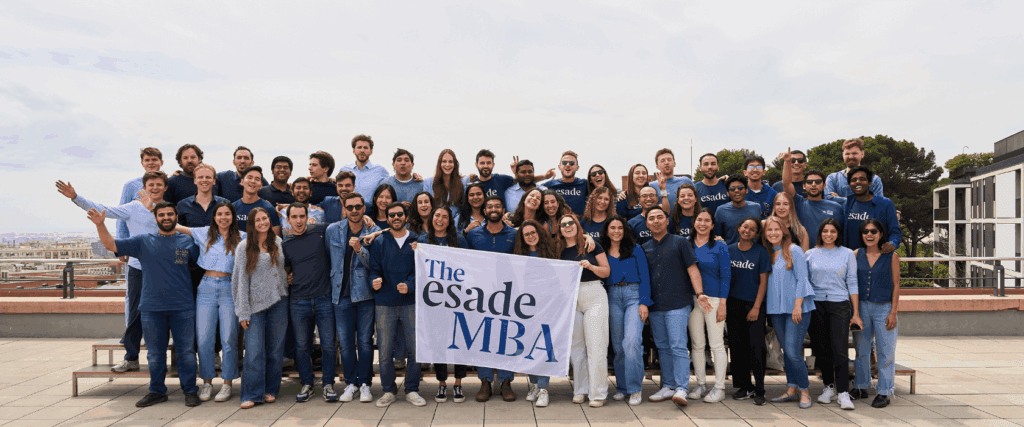Studying Family Business at NUS Business School
We talked with Dr. Marlene Dieleman, Professor of Family Business at NUS Business School. Dr. Dieleman highlights the pivotal role of family businesses in the global commercial arena. She also explains the pedagogical approach she uses for her family business MBA course, which emphasizes interactivity, authentic case studies, and collaboration.





